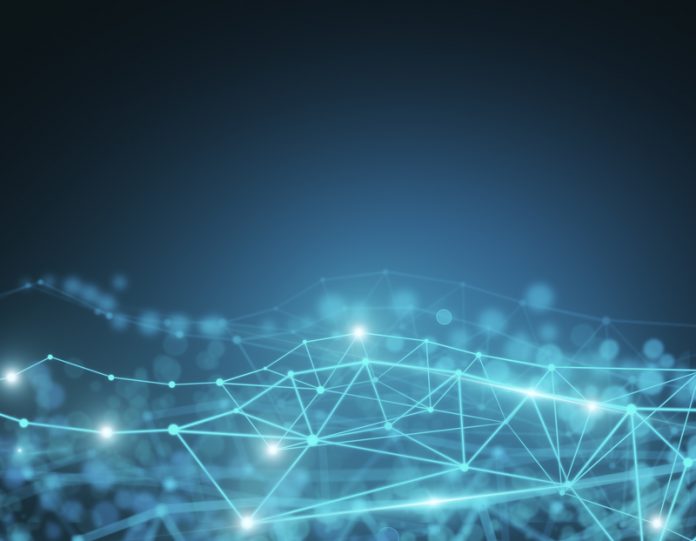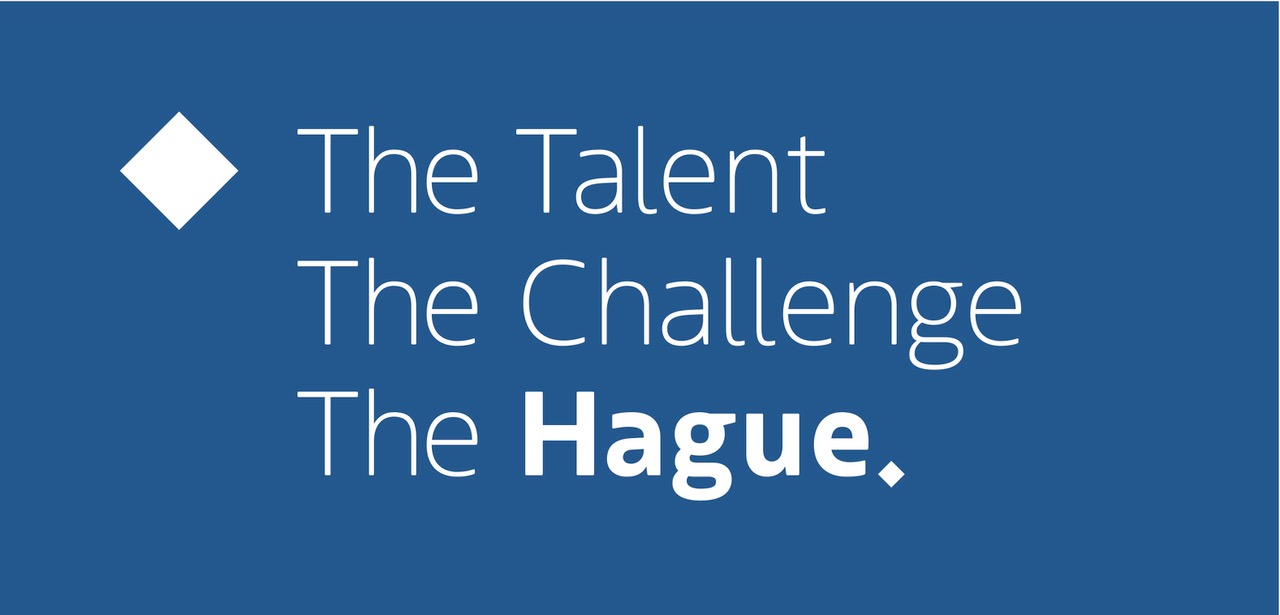Experts in Artificial Intelligence, big data and cyber security will gather in The Hague to solve world problems such as fake news and international injustice
During the weekend of 17th – 18th November, over 120 industry professionals from all over the world, will be presented with a number of challenges that support the effort of the Red Cross, ICC, NCIA (NATO), Asser Institute and World Vision.
The contestants will be judged by Prof.Dr. Mirjam van Reisen, Iraki Beridze, Prof.Dr Valerie Frissen, Taco Ekkel and Devin Krotman.
Deputy Mayor of The Hague Saskia Bruines, said: “The profile of the international city of peace and justice makes The Hague the logical place for this ‘Hackathon for Good’.
“As an ‘Impact City’, we want to actively cooperate with companies, universities, colleges, technology experts and NGOs in finding solutions to world problems.
“I am happy there is such an overwhelming number of specialists from all over the world who want to join along with us.”
To ensure the experts remain focused throughout their challenges, daily yoga classes and walks have been organised to boost morale.
A vitality coach and masseurs will also be on hand to help the experts cope with stressful challenges.
The challenges include:
- Red Cross Challenge 1: After a disaster such as an earthquake or tsunami, the Red Cross manually determines (based off satellite images and aerial photographs) what damage has been caused and which emergency aid to send. The programmers are challenged to develop a new/improved algorithm that automatically analyses a disaster area so that Red Cross can assess the situation as quickly as possible.
- Red Cross Challenge 2: In the fight against disasters, the Red Cross combines data from digital maps and geographical systems to assess the affected area. The problem is that often the data is not comparable or cannot be combined. The participants will be challenged to combine the data from these systems as accurately as possible using a smart solution.
- NCIA Challenege: The NATO Communications and Information Agency works with a number of organisations to identify fake news, propaganda and inflammatory information on social media, traditional media and other public sources. The hackers are challenged to analyse images as quickly as possible, for example using image recognition and A.I.
- ICC Challenge: As a part of collecting and analysing evidence, the International Criminal Court must examine information across many different formats in order to establish a relationship between individuals and locations. This is done by lawyers and can be very time consuming. The international Criminal Court wants to automate this process.
- World Vision Challenge: In order to improve disaster response, World Vision is looking for a comprehensive model that is able to predict disasters and determine the impact of making emergency funds available on time.
- Asser Institute Challenge: In developing countries, land grabbing is a problem that has a major impact on already poor populations, often leading to loss of livelihoods and income. The Asser Institute challenges experts to build a tool that identifies common patterns and characteristics of land grabbing. As a result, risks in comparable areas or countries can be better assessed and land grabbing is avoided.
At the end of the event on Sunday 18th November, the judges will announce three winners and will win a cash prize of either €2500, €5000 or €10000.












